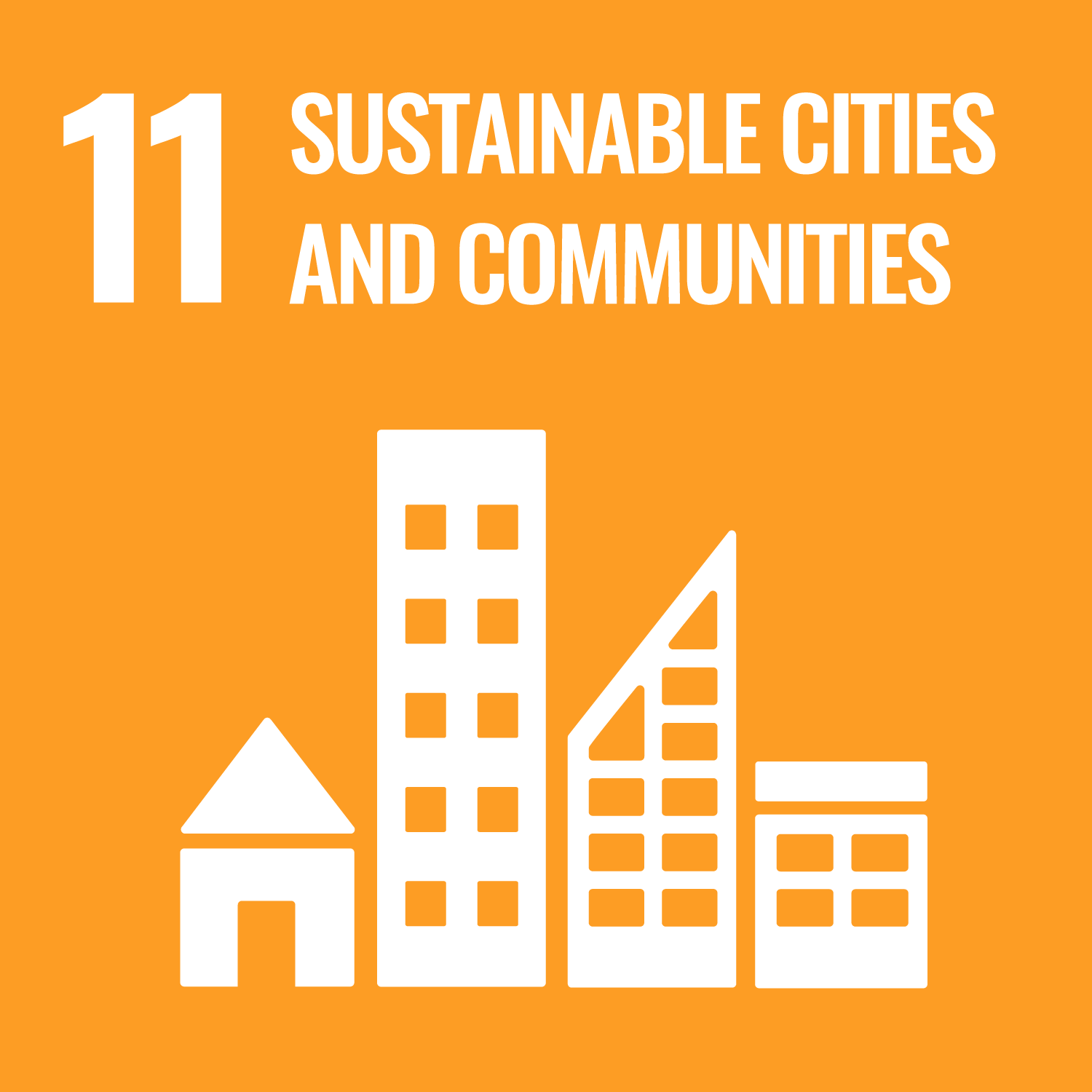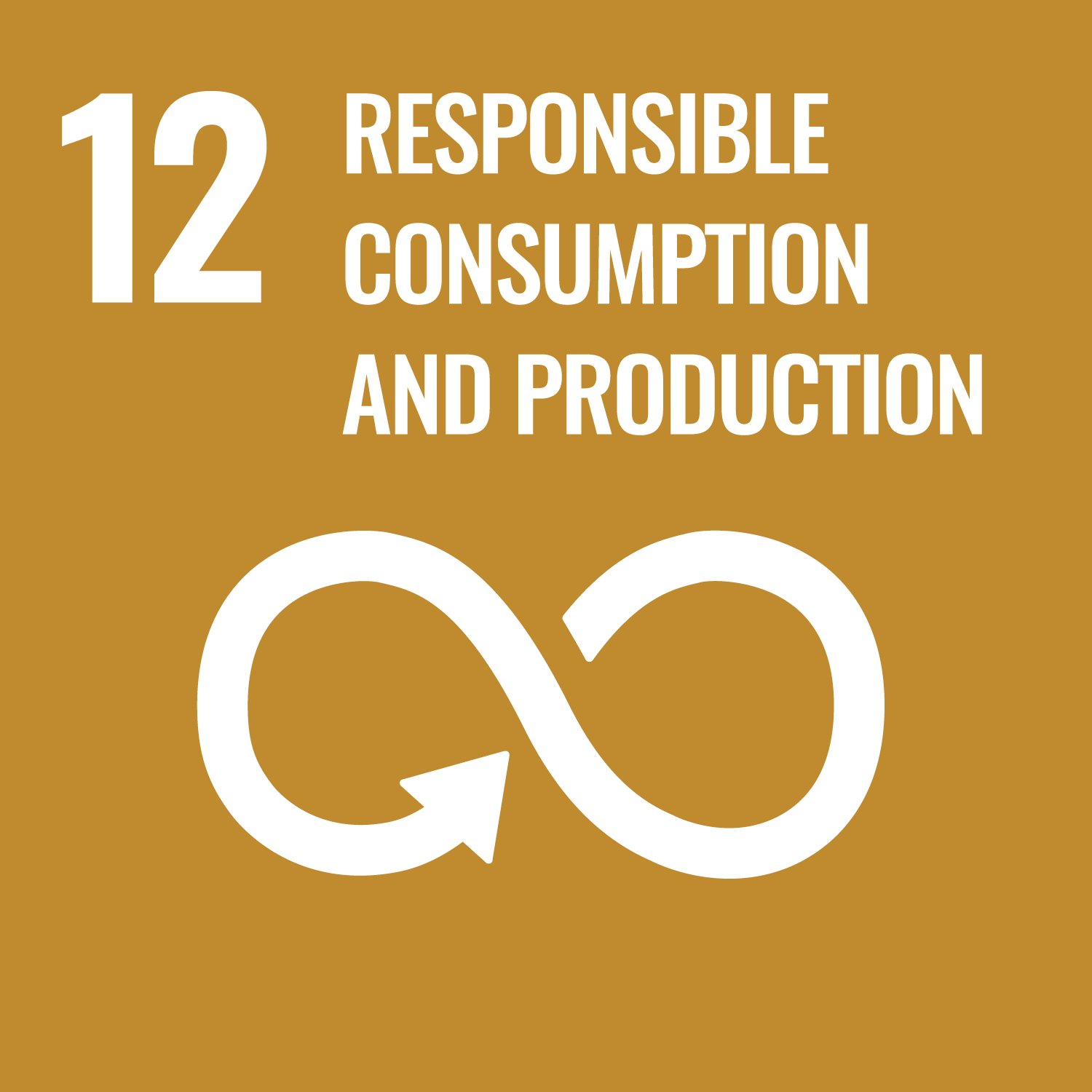Creating a Circular Economy for Solid Waste in Jamaica
Aligned SDGs



- Creating a Circular Economy for Solid Waste in Jamaica
- General overview
- Intervention
- Location
- Last data update
- Spreadsheet of data
- Creating a Circular Economy for Solid Waste in Jamaica
- General overview
- Intervention
- Location
- Last data update
- Spreadsheet of data
General overview
Stage of development: Final negotiations
Type of instrument: Outcomes Fund
Delivery locations: Jamaica
Country classification: Upper-middle-income
Intervention
Social or environmental challenge
Our program addresses several market failures related to waste management and sustainable practices: 1. Externalities of Waste Disposal: Traditional waste management often ignores the external costs of landfilling or improper disposal, such as environmental pollution, ecosystem degradation, and greenhouse gas emissions. 2. Lack of Recycling Infrastructure: In many regions, the lack of adequate recycling infrastructure impedes recycling efforts. By establishing an advanced glass waste processing facility with cutting-edge sorting and crushing techniques, your project addresses the scarcity of such facilities 3. Behavioral Barriers to Recycling: People often don't recycle due to convenience, lack of awareness, or insufficient incentives. 4. Underutilized Waste Resources: Traditional waste management neglects the potential value of discarded materials. By repurposing collected glass waste for underwater sculptures in collaboration with a marine park, your project demonstrates the untapped potential of waste materials. 5. Inadequate Climate Adaptation Efforts: Many regions, including Jamaica, struggle with climate adaptation
Description of the intervention
Smilozone Waste Management Ltd (SWM) envisions transforming waste management into a circular economy, bridging the gap between businesses, communities, and sustainability. Our primary objective is to establish a seamless ecosystem where recycling and upcycling become effortless for individuals and businesses alike.
Our initiative commences with a strategic focus on the tourism sector, urging partners to segregate glass waste for specialized recycling. Moving forward, we plan to launch innovative solutions to create a circular economy around glass waste: 1. Inaugurate an advanced glass waste processing facility that employs cutting-edge sorting and crushing techniques. By sorting glass waste by color, we enhance recycling viability, thereby increasing waste diversion from landfills. This innovation improves export potential and minimizes environmental impact. 2. Collaborate with a marine park to forge a distinctive eco-tourism attraction. This attraction will employ collected glass waste to craft captivating underwater sculptures. Not only will this contribute to coral restoration, a vital climate adaptation effort, but it will also position SWM as a player in climate mitigation and ecological stewardship. These breakthroughs herald a transformation in products and services offered by SWM. This differentiation extends beyond local competitors in the waste sector and sets us apart from traditional attractions in Jamaica.
Location
Country:
- Jamaica
Locality:
- Jamaica
Last data update
Data for this pipeline project was last updated in August 2023
You might have noticed that some pipeline projects have more data than others. This is because organisations can share as much data as they want with the INDIGO initiative. If you have more data on one of these pipeline projects and would like to share with us, please get in touch at indigo@bsg.ox.ac.uk. Our full list of variables and data definitions can be found here.
Spreadsheet of data
Important Notice and Disclaimer on INDIGO Data
INDIGO data are shared for research and policy analysis purposes. INDIGO data can be used to support a range of insights, for example, to understand the social outcomes that projects aim to improve, the network of organisations across projects, trends, scales, timelines and summary information. The collaborative system by which we collect, process, and share data is designed to advance data-sharing norms, harmonise data definitions and improve data use. These data are NOT shared for auditing, investment, or legal purposes. Please independently verify any data that you might use in decision making. We provide no guarantees or assurances as to the quality of these data. Data may be inaccurate, incomplete, inconsistent, and/or not current for various reasons: INDIGO is a collaborative and iterative initiative that mostly relies on projects all over the world volunteering to share their data. We have a system for processing information and try to attribute data to named sources, but we do not audit, cross-check, or verify all information provided to us. It takes time and resources to share data, which may not have been included in a project’s budget. Many of the projects are ongoing and timely updates may not be available. Different people may have different interpretations of data items and definitions. Even when data are high quality, interpretation or generalisation to different contexts may not be possible and/or requires additional information and/or expertise. Help us improve our data quality: email us at indigo@bsg.ox.ac.uk if you have data on new projects, changes or performance updates on current projects, clarifications or corrections on our data, and/or confidentiality or sensitivity notices. Please also give input via the INDIGO Data Definitions Improvement Tool and INDIGO Feedback Questionnaire.